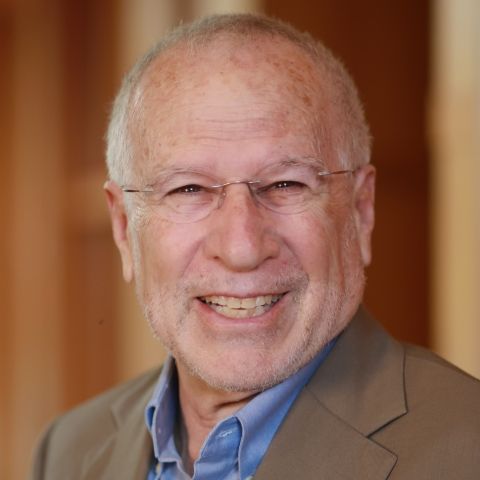A pervasive problem in public discourse is the seemingly increasing prevalence in public debate of demonstrably false factual propositions, such as the non-American birth of President Obama, the prior knowledge of President Bush of the September 11 attacks, the intentional creation of AIDS by physicians and pharmaceutical companies, the non-existence of the Holocaust, and the predictive accuracy of astrology. Yet although this phenomenon is a serious problem for public discourse, it is one that the First Amendment tradition fails to address. In relying on the implausible epistemic claims of “marketplace of ideas” and “search for truth” rationales for freedom of speech, the First Amendment tradition is embarrassed by the way in which falsity thrives even under conditions of widespread freedom of speech. Moreover, a close look at the landmarks of the free speech literature from Milton’s Areopagitica to the present shows that the problem of factual falsity was simply not the concern of those who created and fostered our free speech tradition. This is not to say that widespread government regulation of non-commercial factual falsity is wise or constitutionally permissible. It is to say, however, that making progress against the problem of public falsity will require recognizing that free speech doctrine and principles are only a small corner of a wise communications policy, and that such a policy will attempt to deal with widespread factual falsity in ways that the free speech tradition cannot.
For the over half-million people currently homeless in the United States, the U.S. Constitution has historically provided little help: it is strongly...
Gradualism should have won out in Dobbs v. Jackson Women’s Health, exerting gravitational influence on the majority and dissenters alike. In general...
Today, legal culture is shaped by One Big Question: should courts, particularly the US Supreme Court, have a lot of power? This question is affecting...
Constitutional review is the power of a body, usually a court, to assess whether law or government action complies with the constitution. Originating...
Liberalism is back on its heels, pushed there by political movements in the United States and Europe and by the critiques of legal scholars and...
We live in a golden age of student surveillance. Some surveillance is old school: video cameras, school resource officers, and tip lines. Old-school...
Cyber stalking involves repeated, often relentless targeting of someone with abuse. Death and rape threats may be part of a perpetrator’s playbook...
Fifty years ago, federal and state lawmakers called for the regulation of a criminal justice “databank” connecting federal, state, and local agencies...
In the last few years, the Supreme Court has upended its doctrine of religious freedom under the First Amendment. The Court has explicitly rejected...
During times of crisis, governments often consider policies that may promote safety, but that would require overstepping constitutionally protected...
The United States has granted reparations for a variety of historical injustices, from imprisonment of Japanese Americans during the Second World War...
This Article develops a new way of understanding the law in order to address contemporary debates about judicial practice and reform. The...
In New York State Rifle & Pistol Association v. Bruen, Justice Thomas’s majority opinion announced that the key to applying originalist methodology...
How should judges decide hard cases involving rights conflicts? Standard debates about this question are usually framed in jurisprudential terms...
This article argues that the fact that an action will compound a prior injustice counts as a reason against doing the action. I call this reason The...
In Poland, Venezuela, Rwanda, and several other countries, governments have in the past years altered basic rules of their constitutional system to...
In Chile, many commentators, academics and political leaders have spent years arguing that the limited nature of the social rights in the national...
